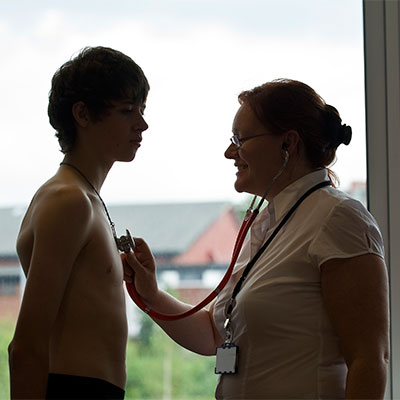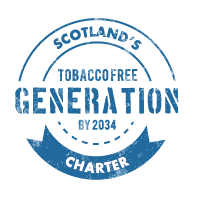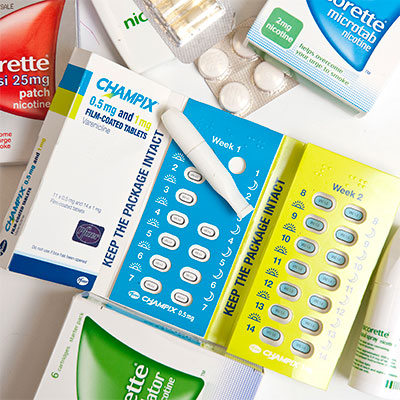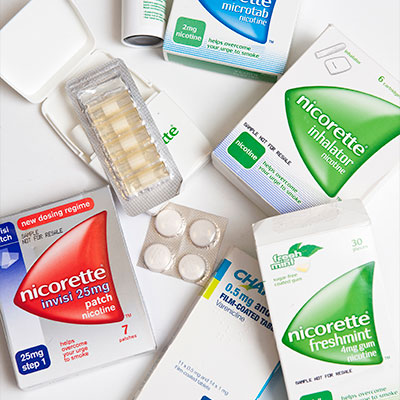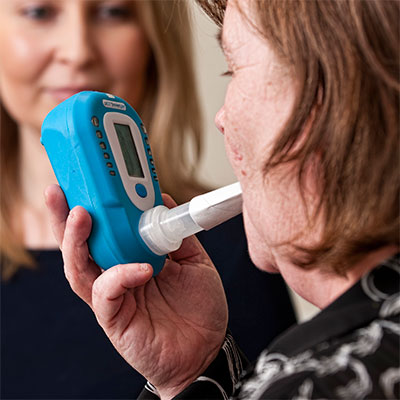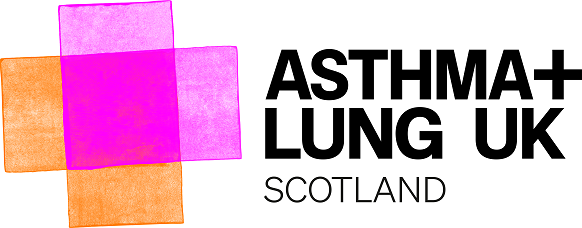Transition from child to adult asthma services will mean changes for you as well as your child.
- As a parent you will naturally be anxious.
- You have managed your child’s asthma well for years.
- It can be a frustrating time.
- You might get angry at your teenager’s attitude to their asthma.
- Most teenagers don’t want to be “fussed over” drawing unwanted attention to their asthma around their friends.
- Parents need support to let go.
- There should be a gradual handover of responsibility.
- Parents still have a legal responsibility until your child is 16 years old.
- Parents are still needed, but in a different role to support your child in their decision making rather than telling them what to do.



